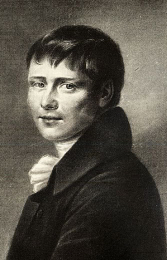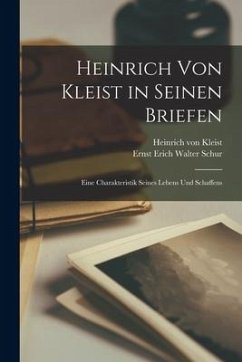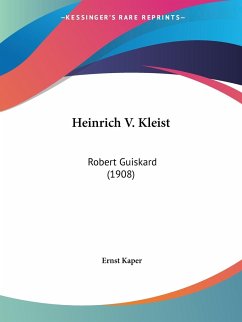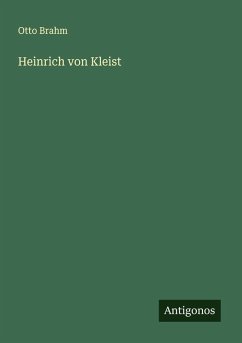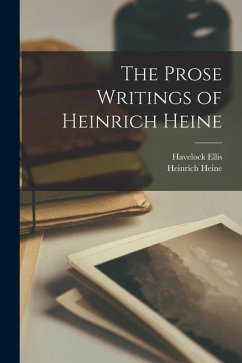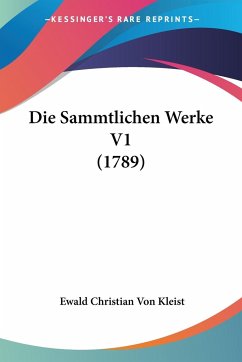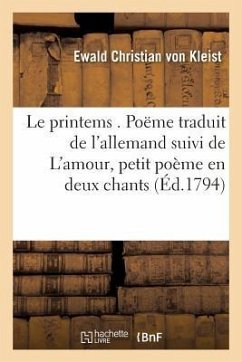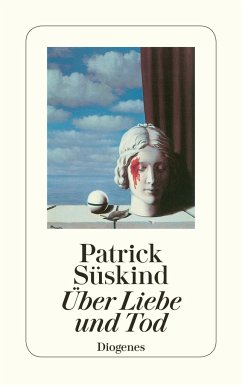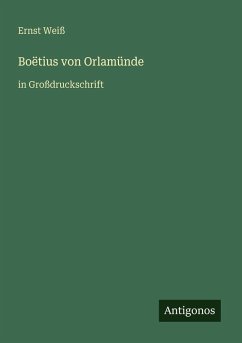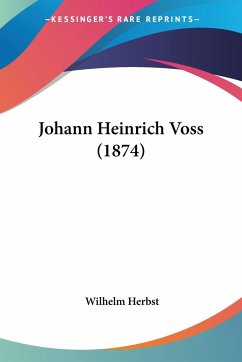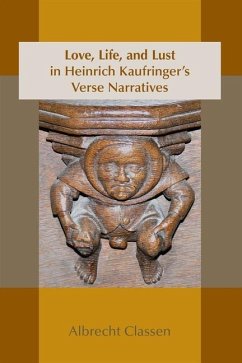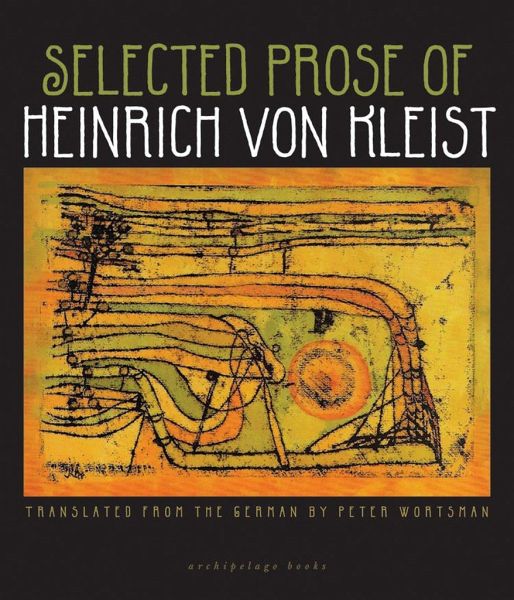
Selected Prose of Heinrich Von Kleist

PAYBACK Punkte
6 °P sammeln!
In this extraordinary and unpredictable cross-section of the work of one of the most influential free spirits of German letters, Peter Wortsman captures the breathlessness and power of Heinrich von Kleist's transcendent prose. These tales, essays, and fragments move across inner landscapes, exploring the shaky bridges between reason and feeling and the frontiers between the human psyche and the divine. From the "The Earthquake in Chile," his damning invective against moral tyranny; to "Michael Kohlhaas," an exploration of the extreme price of justice; to "The Marquise of O . . . ," his twist o...
In this extraordinary and unpredictable cross-section of the work of one of the most influential free spirits of German letters, Peter Wortsman captures the breathlessness and power of Heinrich von Kleist's transcendent prose. These tales, essays, and fragments move across inner landscapes, exploring the shaky bridges between reason and feeling and the frontiers between the human psyche and the divine. From the "The Earthquake in Chile," his damning invective against moral tyranny; to "Michael Kohlhaas," an exploration of the extreme price of justice; to "The Marquise of O . . . ," his twist on the mythic triumph of love story; to his essay "On the Gradual Formulation of Thoughts While Speaking," which tracks the movements of the unconscious decades before Freud; Kleist unrelentingly confronts the dangers of self-deception and the ultimate impossibility of existence ina world of absolutes. Wortsman's illuminating afterword demystifies Kleist's vexed history, explaining how the century after his death saw Kleist's legacy transformed from that of a largely derided playwright into a literary giant who would inspire Thomas Mann and Franz Kafka. The concerns of Heinrich von Kleist are timeless. The mysteries in his fiction and visionary essays still breathe.




